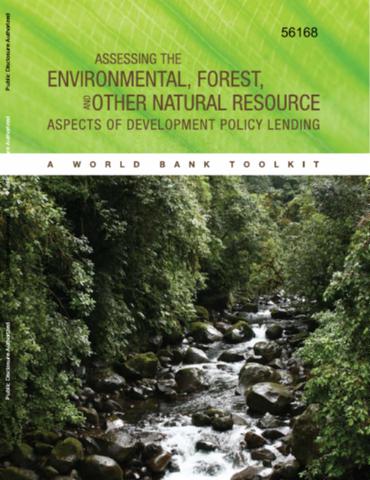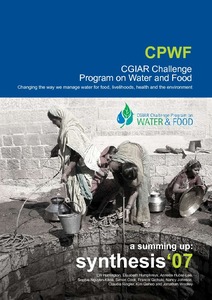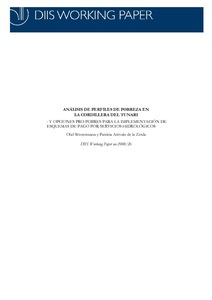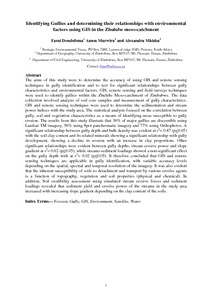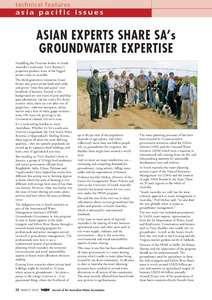Distributional impacts of water markets on small farmers: Is there a safety net
The United Nations 2006 human development report states that water markets have not been shown to protect the interests of the poor, while other research has found that water markets have benefited smaller, resource-constrained farmers. This article provides insight into this international development debate by analyzing the impact of water markets on small farmers in the Limarí River Basin of Chile. The analysis is based on data collected from an extensive in-person survey of 316 farmers in the basin.


